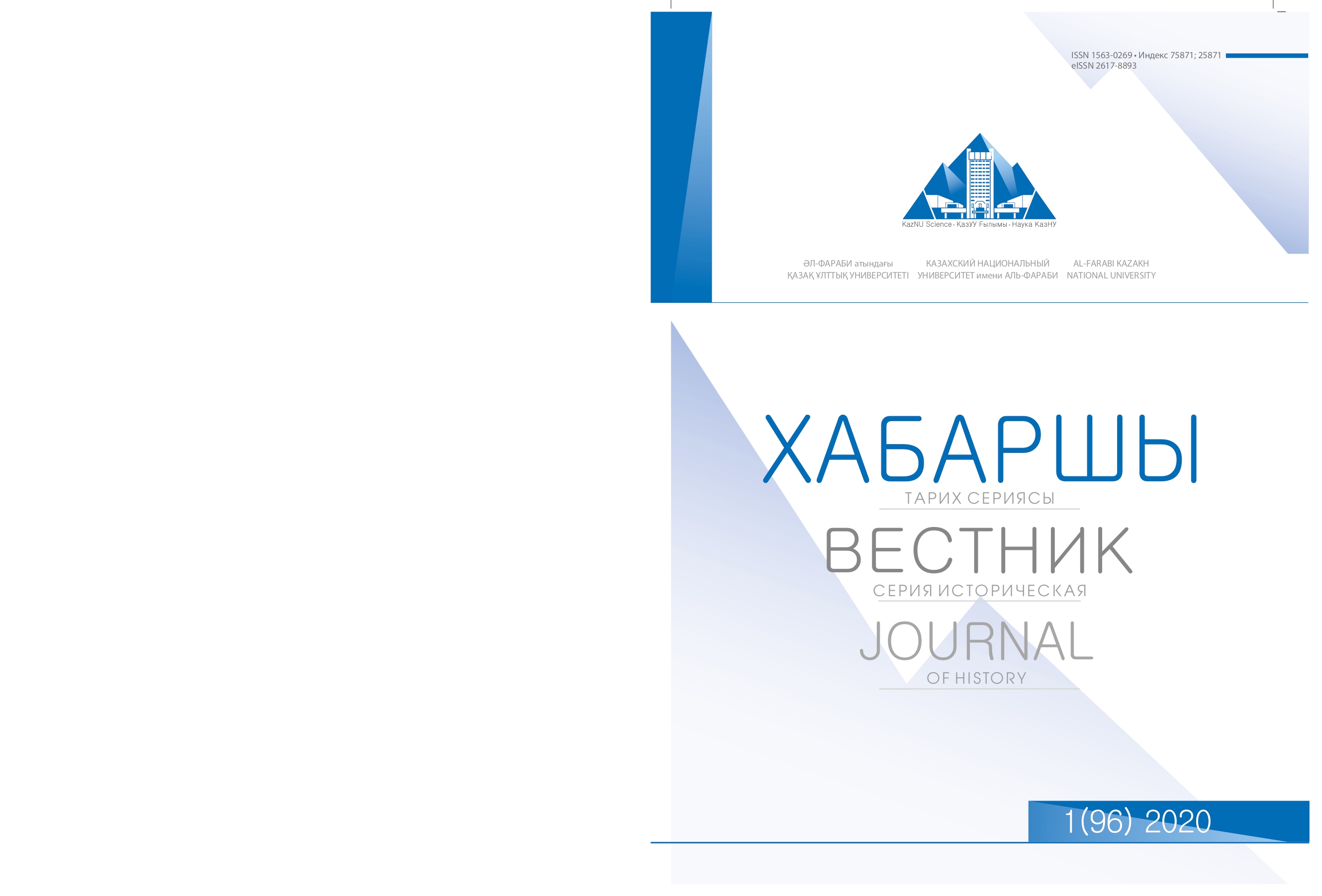Discursive analysis of world examples of regulation of interreligious and interconfessional relations
DOI:
https://doi.org/10.26577/JH.2020.v96.i1.20Abstract
In the article, the main tools and mechanisms used by advanced countries of the world in the regulation
of the religious situation are analysed discursively. The main goal of the study is to describe the
system of states with advanced experience, considering the advantages, which created a possibility for
getting good results and disadvantages that have become an obstacle in establishing healthy relations
between religions and confessions in the state, to consider the possibility of their implementation. This
article, as a result of the study, is of scientific importance, through the provision of accurate and reliable
data from foreign sources, and of practical importance, as the possibility of applying this data in practice,
and may become additional material for researchers on this theme. During the study are used general
scientific and individual scientific methods, including comparative, historical and chronological, analytical,
descriptive and structural-functional methods. As a result of the study, a comprehensive analysis of
the mechanisms regulating the religious situation in Western countries was proposed.












